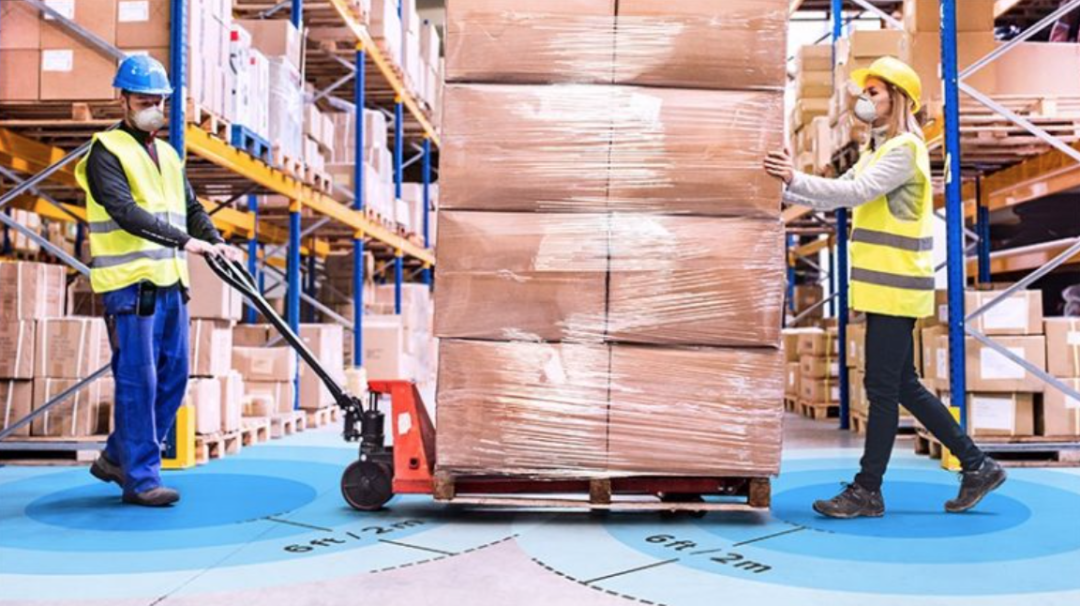Zebra launches wireless proximity sensing as companies plan reopening under Covid-19 conditions
Cloud-based system joins market of contact tracing platforms designed to allow safe return to work and limit facility closures in case of outbreaks.

Mobile technology provider Zebra Technologies Corp. today launched a proximity sensing system that it said can help employers protect workers’ health on the job as more sectors of the economy begin to reopen in the wake of the coronavirus pandemic.
The Zebra MotionWorks Proximity product will detect each employee’s proximity to other workers and provide user-level alerting and contact tracing. Those features will help companies to meet government guidelines around preventing the spread of Covid-19 through policies like social distancing, contact tracing, and disinfection, Lincolnshire, Illinois-based Zebra said. In addition, the automated contact tracing capabilities can help companies quickly identify exposed employees for testing, potentially limiting widespread facility closures, the company said.
The new system joins a flurry of other proximity sensing and contact tracing platforms that have been launched to help companies continue operations under pandemic restrictions. Other options include Polte Proximity from Dallas-based Polte Corp., the ADS/Kiana Contact Tracing Platform from Maryland-based Acquired Data Solutions (ADS) and Kiana Analytics, Proximity/Alert Tracking And Tracing Contacts from Illinois-based Strategic Mobility Group (SMG3), the ProGlove Connect Proximity app from Chicago-based ProGlove Inc., and Proximity Trace from Connecticut-based Triax Technologies Inc.
Zebra initially developed its product to protect its own workers, but is now rolling it out to a wider audience. “To protect our front-line workers and those returning to our offices, we have been prioritizing our employees’ health and safety,” Bill Burns, Zebra’s chief product and solutions officer, said in a release. “Teams across our company rapidly defined, developed and deployed a proximity tracing, alerting and contact tracing solution within one of our largest distribution facilities, and now it’s available to help protect our customers’ employees in manufacturing and warehouse environments.”
According to Zebra, the platform doesn’t require new infrastructure or on-site professional services, since it relies on existing Zebra Android devices or other mobile platforms, and runs as a cloud-based system. The platform uses signals from Bluetooth Low-Energy (BLE) and WiFi networks that are tied to an employee ID or anonymized user ID, allowing for actionable insights by the employer while protecting the privacy of individuals. “The advantage provided by our contact tracing solution is that it utilizes the devices front-line workers are already using today, minimizing additional capital costs and accelerating employee adoption,” Burns said.
We are slowly settling back into the office and with a little help from MARK we are keeping at a safe distance. Run the latest update to benefit from our social distancing sensoring too: https://t.co/CFeBs1q2x0#socialdistancing #socialdistancesensor #proglove #update pic.twitter.com/WymqX5uXva
— ProGlove (@ProGlove) June 2, 2020
Related Articles
Copyright ©2024. All Rights ReservedDesign, CMS, Hosting & Web Development :: ePublishing